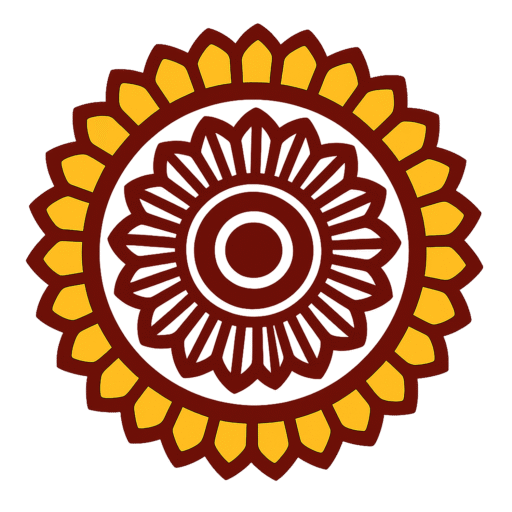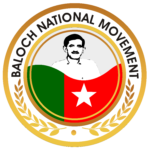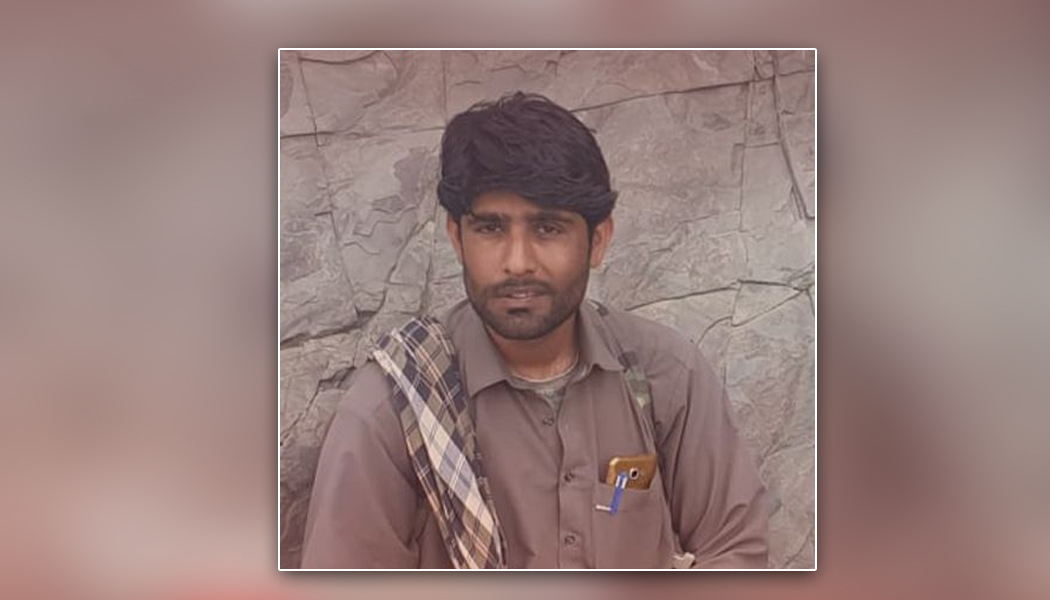Profile
Sikandar Dost
سکندر دوست

| Born | 7 October 1992 ,Gomazi, District Kech, Balochistan |
|---|---|
| Date of Martyrdom | 1 April 2022 ,Talidar, Mand, Balochistan |
| Occupation | Freedom Fighter (Sarmachar) |
| Era | 2007–2022 |
| Organization | Balochistan Liberation Front (BLF) |
| Known For | Armed resistance and organizational leadership in the Baloch national liberation movement. |
| Title /Alias | Shay Mureed, Captain Sikandar |
| Family Background | Son of martyr Chairman Dost Mohammad; Brother of martyr Tahir Dost |
Early Life and Education
Sikandar Dost was born on 7 October 1992 in Gomazi, a village in the Kech district of Balochistan. He was raised in a politically active family. His father, Dost Mohammad, was a social and political figure known locally as “Chairman Dost Mohammad.” He served as the Chairman of Union Council Gomazi and was affiliated with the Pakistan National Party (PNP), closely associated with prominent Baloch leader Waja Ghaus Bakhsh Bizenjo.
Sikandar received his early education at the Government Boys High School in Gomazi. During his student years, he became involved in the Baloch nationalist movement and joined the Baloch Students Organization – Azad (BSO-A). His leadership qualities were quickly recognized, and in 2008, at the age of 16, he was elected as the Secretary General of BSO-A in Gomazi.

Joining the Armed Resistance
By 2013, in response to growing state repression and targeted violence against Baloch activists, Sikandar decided to join the armed resistance. He became a member of the Balochistan Liberation Front (BLF). Within the organization, he demonstrated a high level of political awareness, discipline, and leadership. His commitment earned him respect among his peers, and he eventually rose to the position of a field commander.
State Pressure on the Family
In early 2017, state forces began targeting Sikandar’s family in an attempt to pressure him into surrendering. His father was repeatedly summoned by officials of the Frontier Corps (FC) and Inter-Services Intelligence (ISI). These authorities accused him of maintaining ties with the armed resistance and demanded that he persuade his son to surrender. Chairman Dost Mohammad maintained that his son was an adult acting independently and refused to comply.
As the pressure mounted, tragedy followed. On 15 February 2017, Sikandar’s elder brother, Tahir Dost, was shot and killed by a state-backed death squad while on duty as a nurse at the Gomazi Health Center. Later, on 21 May 2017, Dost Mohammad himself was abducted by Pakistan Army personnel while traveling to Karachi. His mutilated body was found four days later in Kunchati, bearing signs of torture. These incidents represented a pattern of collective punishment against the family.
Martyrdom
On 1 April 2022, Sikandar Dost was killed in combat in the mountains of Mand, near Talidar. According to reports, he was acting as a camp commander and was on patrol with another BLF member when they encountered Pakistan Army forces. The confrontation escalated, with additional reinforcements from the Special Services Group (SSG) and aerial support deployed against them.
Despite being outnumbered, Sikandar and his comrade resisted fiercely. Three SSG commandos were reported killed or injured in the skirmish. Sikandar sustained critical injuries during the firefight. Although they managed to break the enemy’s encirclement, Sikandar was unable to move far due to his wounds. He succumbed to his injuries in the mountains of Mand. His body was returned to his family after three days and buried in his native village beside his martyred father and brother.
Legacy
Sikandar Dost’s life reflects the path taken by many Baloch youth in pursuit of national liberation. His transition from student activism to armed resistance mirrors the broader trajectory of Baloch political evolution under increasing state repression. The targeting of his family members is indicative of the Pakistani state’s use of collective punishment to silence dissent. Sikandar’s martyrdom is remembered as a symbol of resistance and sacrifice within the Baloch national struggle.
Photo Gallery
Sikandar Dost

Shameer Sikander Dost, BLF Martyr

1st April - Sikandar Dost

SikandarDost-MullahBharaam

SiknadarDost-1

SiknadarDost-3

SiknadarDost-4

SiknadarDost-5

SiknadarDost-6

SiknadarDost-7

SiknadarDost-8

SiknadarDost-9

SiknadarDost-10

SiknadarDost-11

SiknadarDost-12

SiknadarDost-13

SiknadarDost-YounasTaukali

SkindarDost-Hazza

SiknadarDost-11

SiknadarDost-12

SiknadarDost-13

SiknadarDost-13

SiknadarDost-14

SiknadarDost-15

SiknadarDost-16

SiknadarDost-17

SiknadarDost-18

SiknadarDost-19

SiknadarDost-20

SiknadarDost-21

SiknadarDost-22

SiknadarDost-23

SiknadarDost-24

SiknadarDost-25

SiknadarDost-26

SiknadarDost-27

SiknadarDost-28

SiknadarDost-29

SiknadarDost-30

SiknadarDost-31

SiknadarDost-32

SiknadarDost-33




